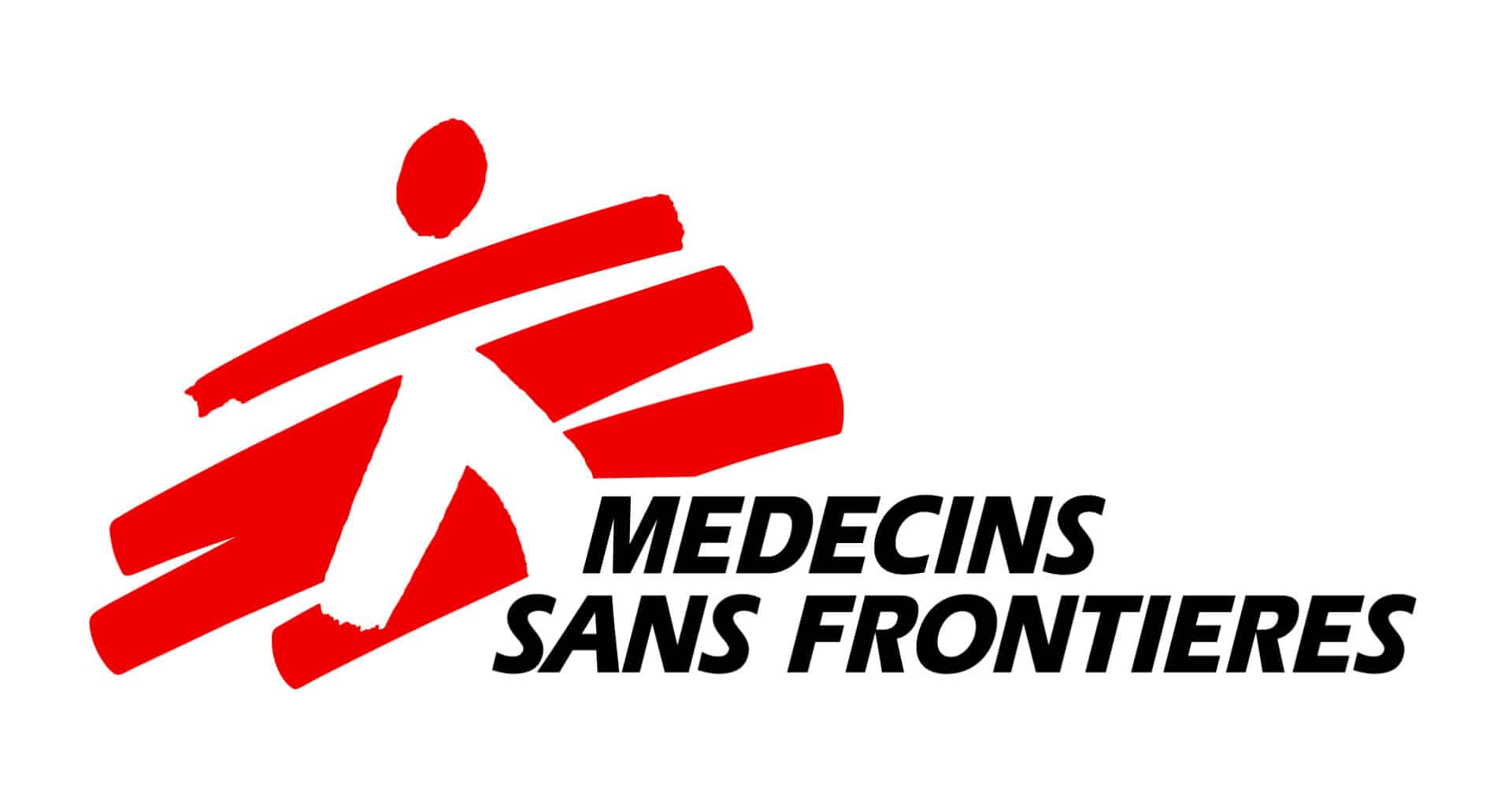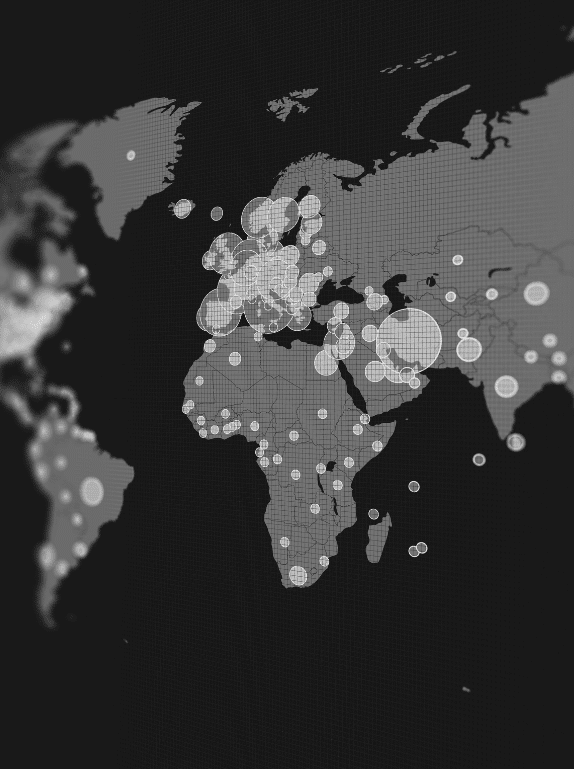Want to know more?
Are you interested in this project? Or do you have one just like it? Get in touch. We’d love to tell you more about it.

Equal Experts has been working with MSF to forecast increases in malaria transmission rates amidst climate change uncertainty.

Médecins Sans Frontières (MSF) is an international medical humanitarian organisation that provides emergency medical aid in over 75 countries. MSF provides support to people affected by crises such as armed conflict, epidemics, and natural disasters. Its work in malaria-endemic regions is critical to saving lives and reducing the impact of disease.
Malaria is a global health emergency that claims more than 600,000 lives each year, the vast majority children aged five or under. For medical humanitarian organisations like MSF, understanding when peak malaria transmission occurs is critical in getting the right support to communities in time.
In recent years, climate change has made it harder to predict when this will happen. Changes in temperature and rainfall patterns can make the malaria season earlier or later and can be more or less severe. This makes it hard for MSF teams to know the right time to increase staffing and medicine supplies in hospitals, or when to launch community health campaigns. This is especially important in remote settings where delays in providing vital medical care could cost lives.
In 2023, MSF had already created a machine learning (ML) model that used historical data from 12 years of malaria outbreaks to predict the timing of increases in transmission. MSF and Equal Experts collaborated to take this model to the next stage. Already supporters of MSF, we donated technical help to improve the accuracy of the model, and provide a reliable tool that could be rolled out in more regions, to help MSF improve its preparedness and reduce the impact of malaria on communities worldwide.
First, we conducted a complete Health Check review of the existing ML model, identifying several fundamental flaws that were impacting data reliability. For starters, two of the five data feeds the model used were broken, there was no reliable delivery pipeline to production, and no logging or monitoring around the model. This made it difficult for MSF to understand why the model wasn’t functioning as expected.
Our team provided MSF with a comprehensive report outlining the problems, and identifying ways that data feeds could be automated so that the model was able to process information with more speed and accuracy.
In January 2024, we started working on the model itself. The first step was putting in place appropriate testing, logging and monitoring, then creating data pipelines that would support versioning in future development. At this stage, we brought data scientists into the team, who worked on improving the model and integrating it with a simple dashboard that could be used by the MSF team to see predictions more easily.
Once the MSF teams were happy with the accuracy of the model prediction, the revamped MAP tool went live in January 2025.
MSF piloted the new Malaria Anticipation Project (MAP) tool in South Sudan in February 2025 prior to the malaria season and feedback from users was overwhelmingly positive. The benefits of the tool included:
By providing MSF staff with easy access to transmission rate predictions, they are able to make informed choices about where and when to target vital resources.
It is still too early to know with certainty how much impact the MAP tool has on infection and mortality rates, but MSF is already planning to pilot the MAP to new communities, starting with Zamfara, in Nigeria. The organisation hopes to eventually make MAP available to all of its projects impacted by malaria, across multiple countries.
Equal Experts has been the most incredible partner and we’d be nowhere without the team and their data science capacity. Their generosity and support have been invaluable, but what’s really stood out has been their patience and understanding with the dynamic nature of a medical humanitarian organisation, where sometimes our priorities change because there’s an emergency that has to be addressed. I’ve been impressed by the way Equal Experts has approached our relationship as a real partnership, and their vision for what this could develop into, and the journey we’ve been on together.
Are you interested in this project? Or do you have one just like it? Get in touch. We’d love to tell you more about it.